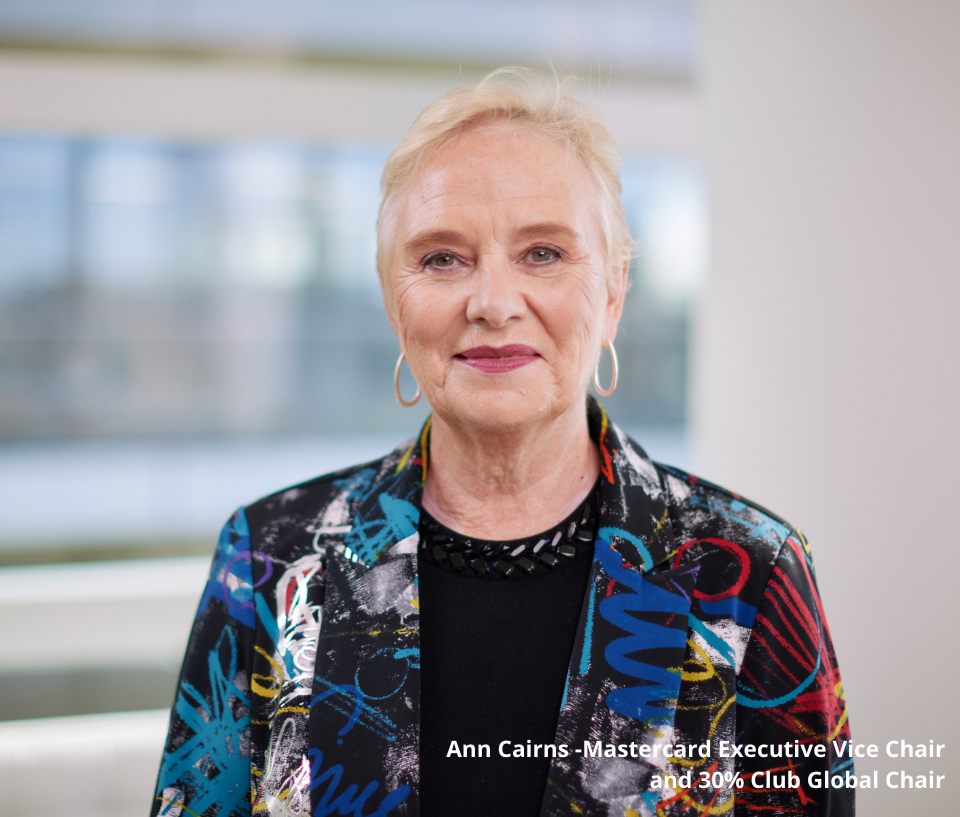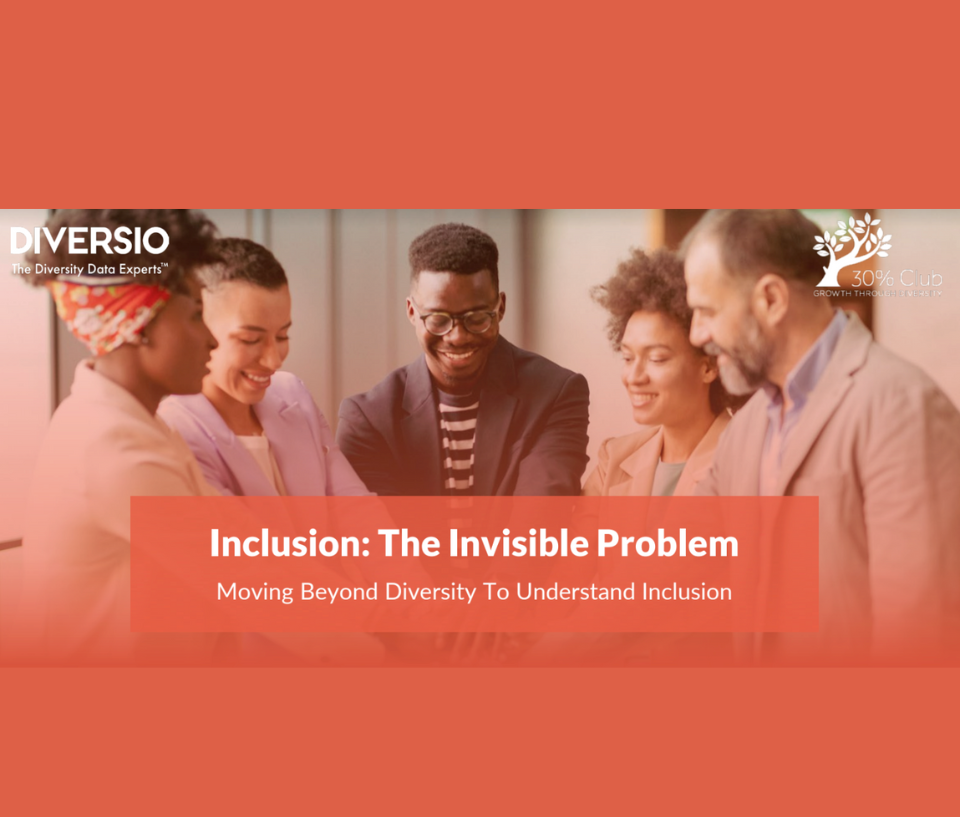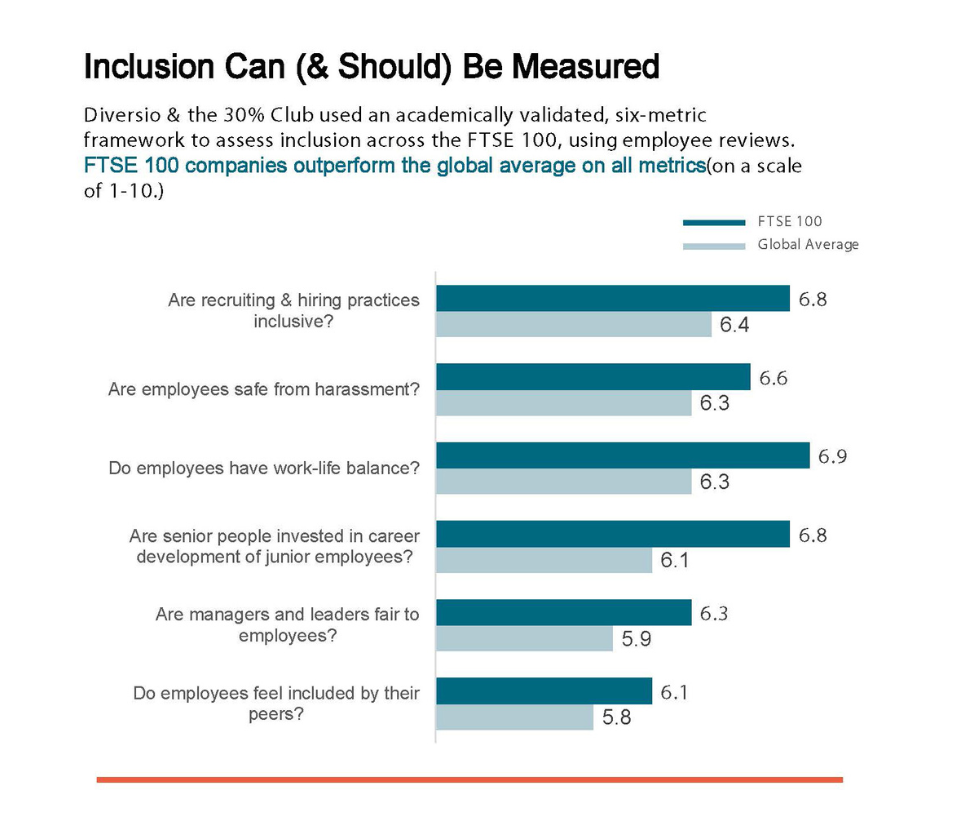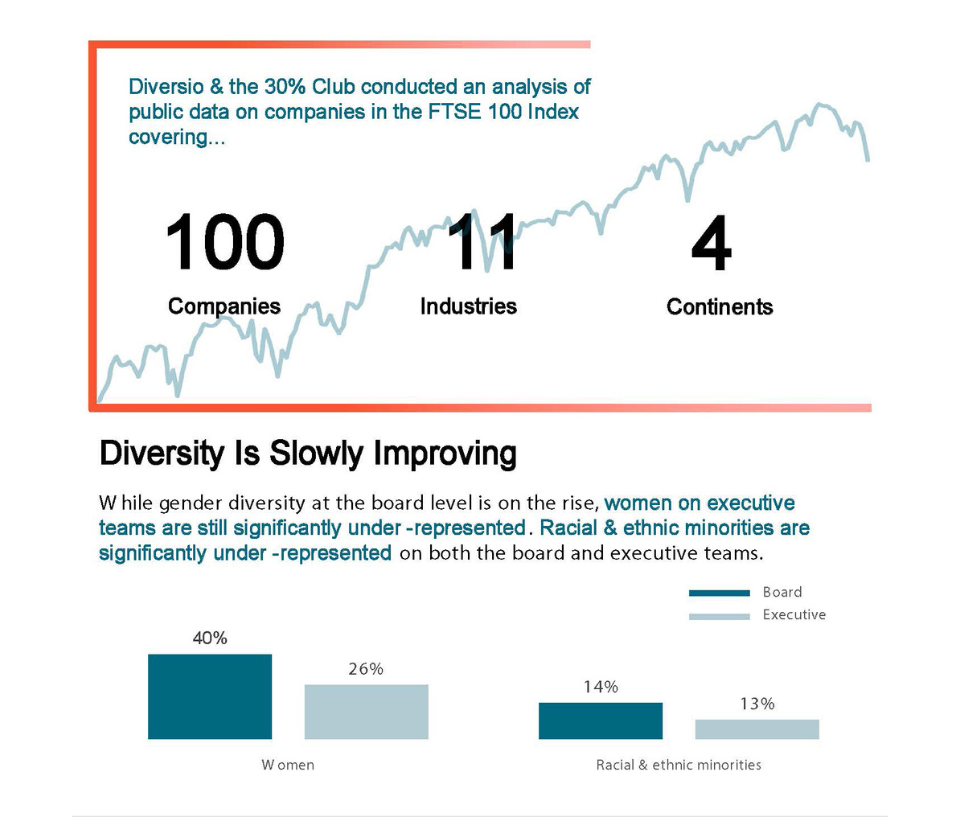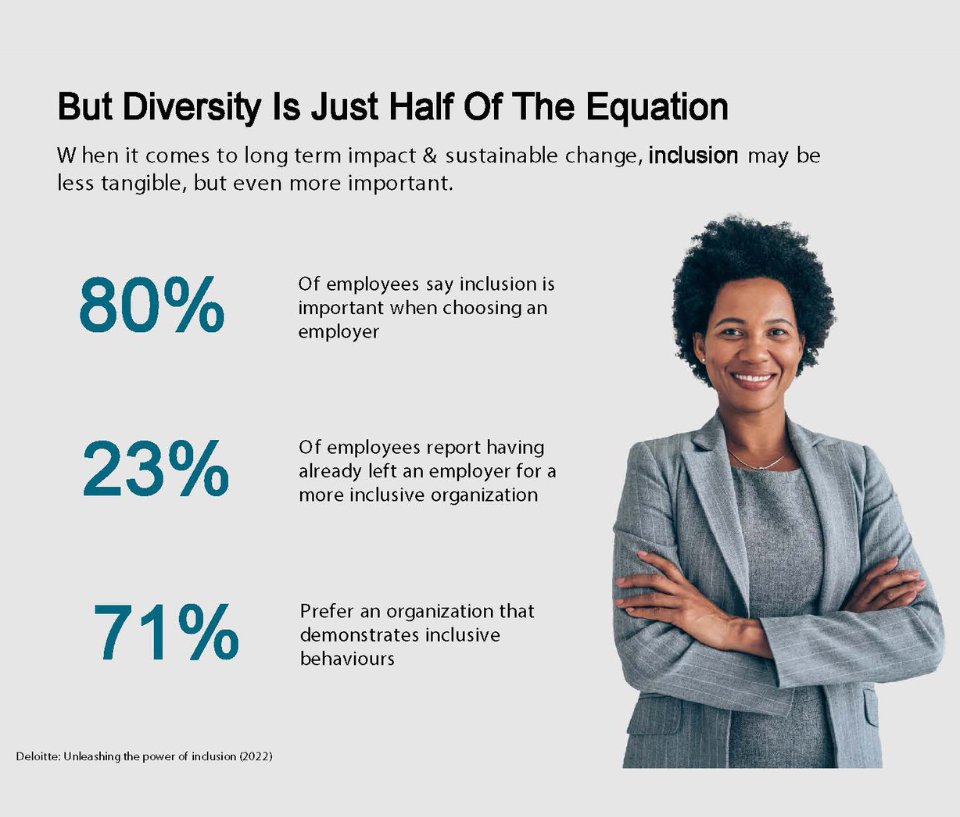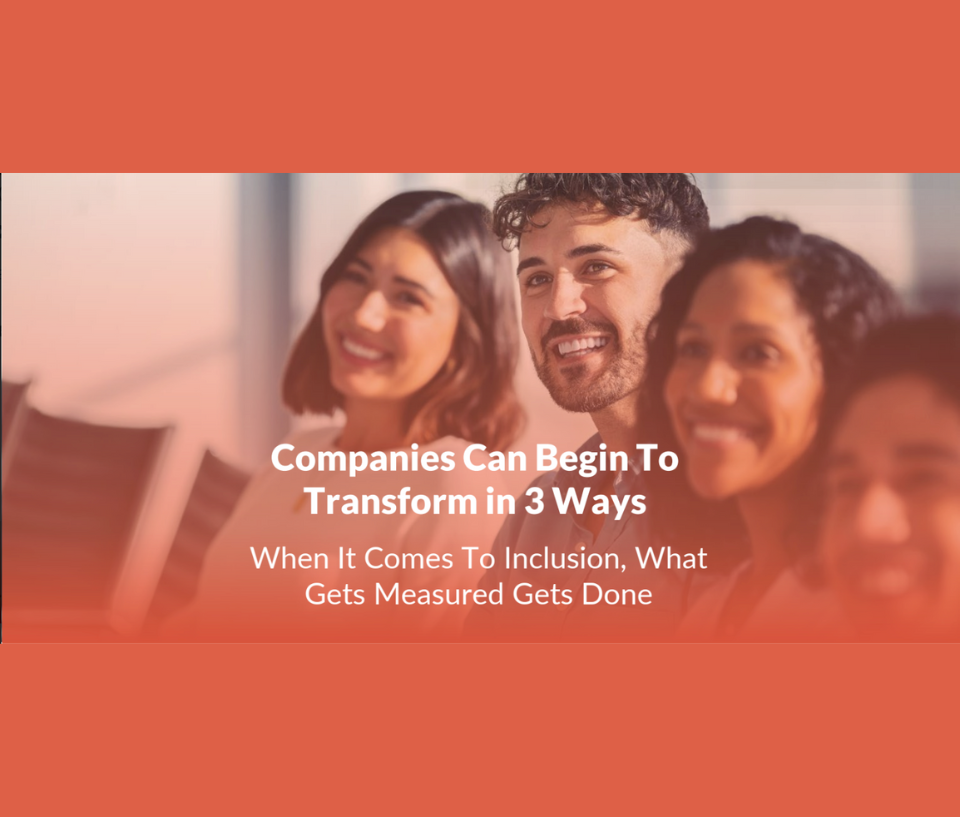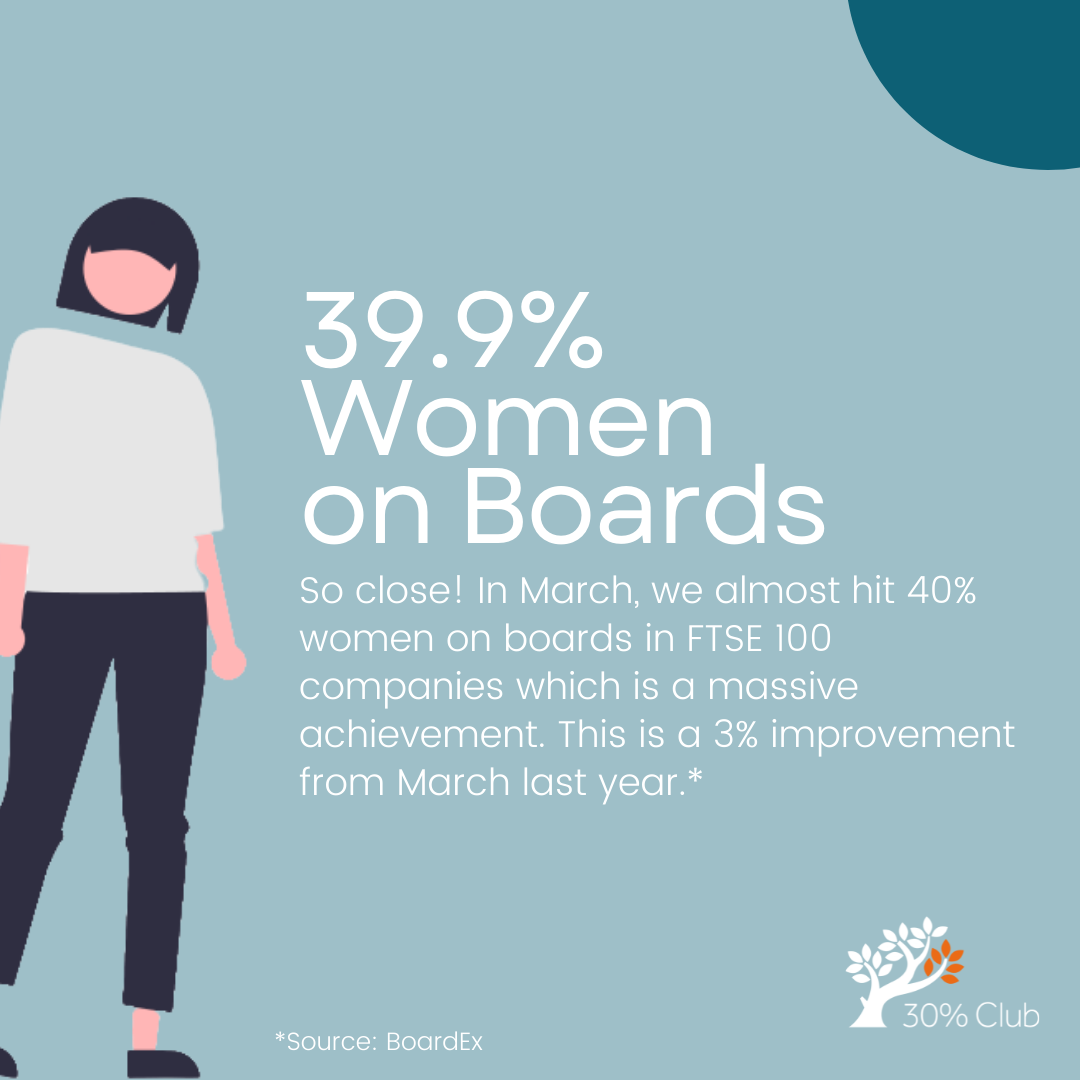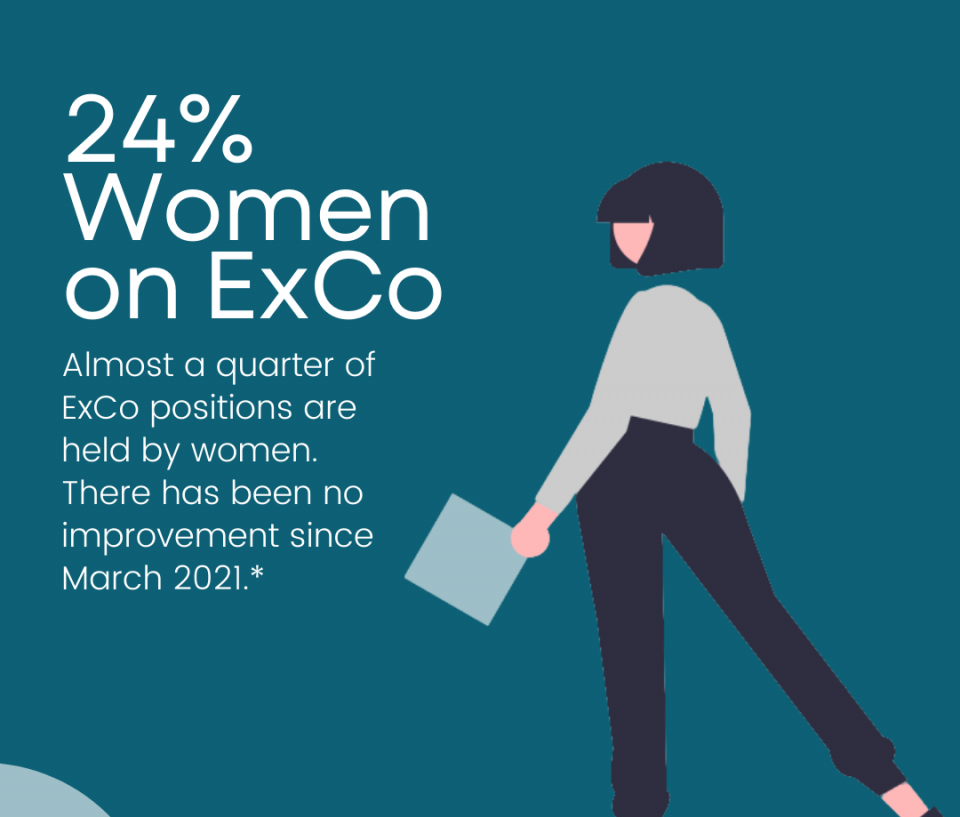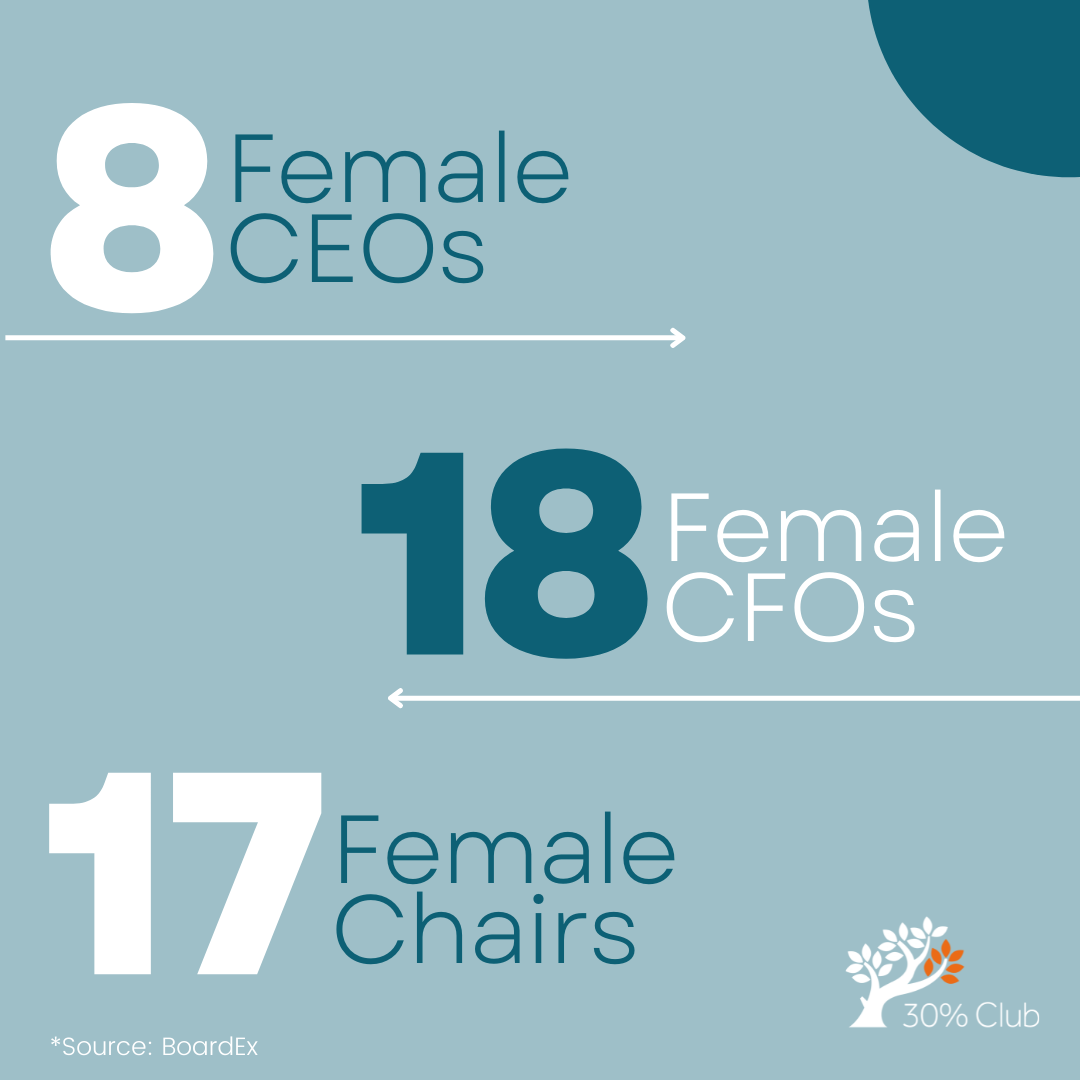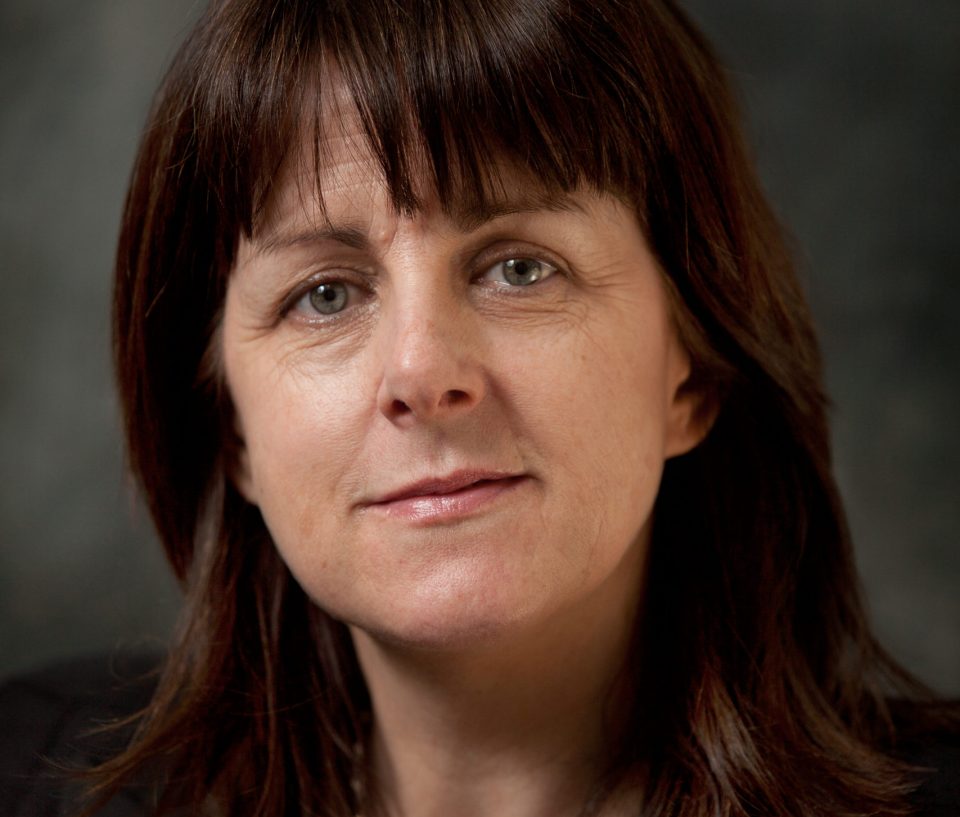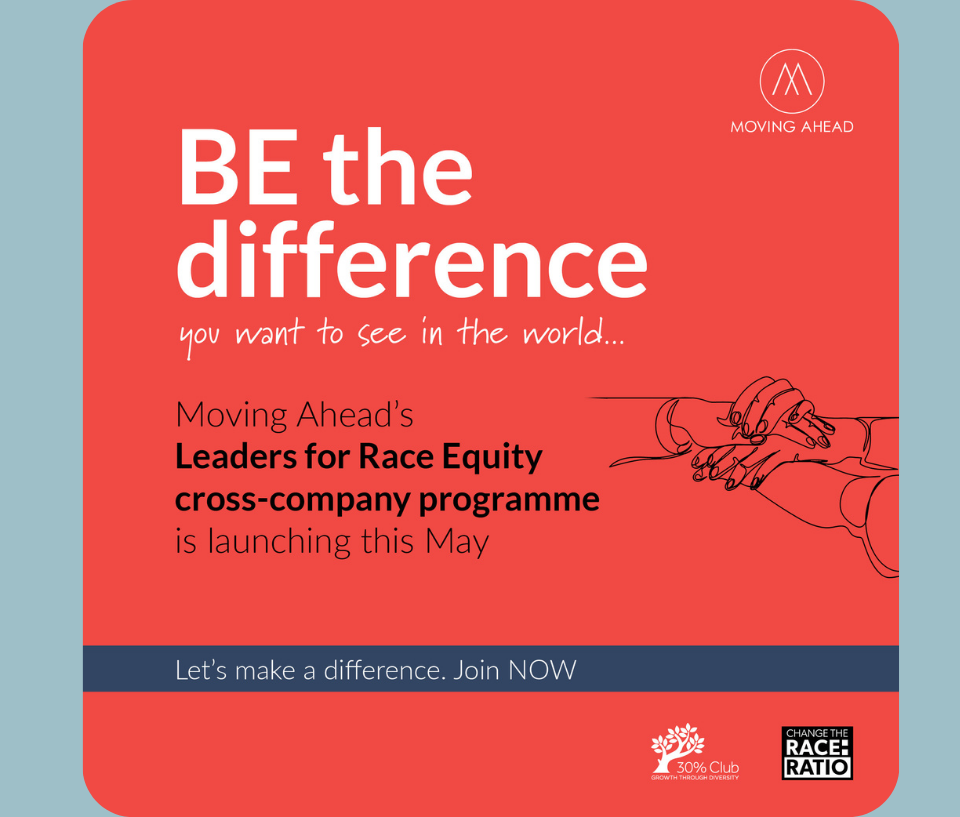Przedstawiamy Państwu nasz autorski Przewodnik Diversity, Equity & Inclusion (DEI) pełen narzędzi, pomysłów i inspiracji, jak zwiększać różnorodność i jak budować inkluzywną kulturę organizacyjną, przydatny dla firm niezależnie od ich poziomu zaawansowania.
Chociaż płeć jest naszym punktem wyjścia, w pełni zdajemy sobie sprawę, że wiek, niepełnosprawność, rasa, pochodzenie etniczne, narodowość, orientacja psychoseksualna, tożsamość płciowa oraz inne przesłanki narażające na zachowania dyskryminacyjne są częścią tej podróży. Dlatego zestaw narzędzi nie skupia się wyłącznie na płci, ale pozwala zbudować holistyczny plan DEI.
Przewodnik DEI został zaprojektowany tak, by był źródłem pomysłów i inspiracji dla wszystkich organizacji, bez względu na ich rozmiar czy aktualny poziom zaawansowania w obszarze DEI. Większe organizacje zachęcamy do skorzystania z pełnego Planu działania na rzecz różnorodności, równych szans i włączenia (DEI) – może on pomóc przy diagnozie aktualnej sytuacji oraz identyfikacji obszarów wymagających działań. Firmy mniejsze i te skoncentrowane na konkretnych aspektach DEI (np. przyciąganie czy rozwijanie talentów) mogą przejść do odpowiedniego obszaru w poszukiwaniu pomysłów, najlepszych praktyk i celów.
Przewodnik DEI jest dostępny dla wszystkich – nie tylko dla firm współpracujących z 30% Club Poland. Wierzymy, że działania zwiększające różnorodność i włączenie są ważne i korzystne dla całego społeczeństwa i gospodarki. Dlatego Przewodnik został zaprojektowany tak, aby można było z niego swobodnie korzystać i dzielić się jego treścią, ale zawsze przy wskazaniu 30% Club Poland jako źródła.
Planujemy regularnie aktualizować Przewodnik. Jeśli masz sugestie, pomysły oraz case studies, które mogą uatrakcyjnić jego treść i przekaz, zapraszamy do kontaktu!










